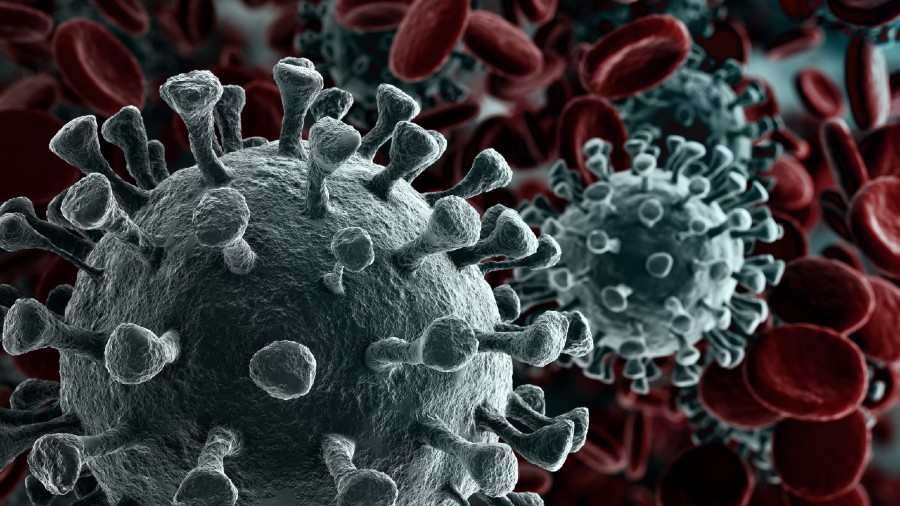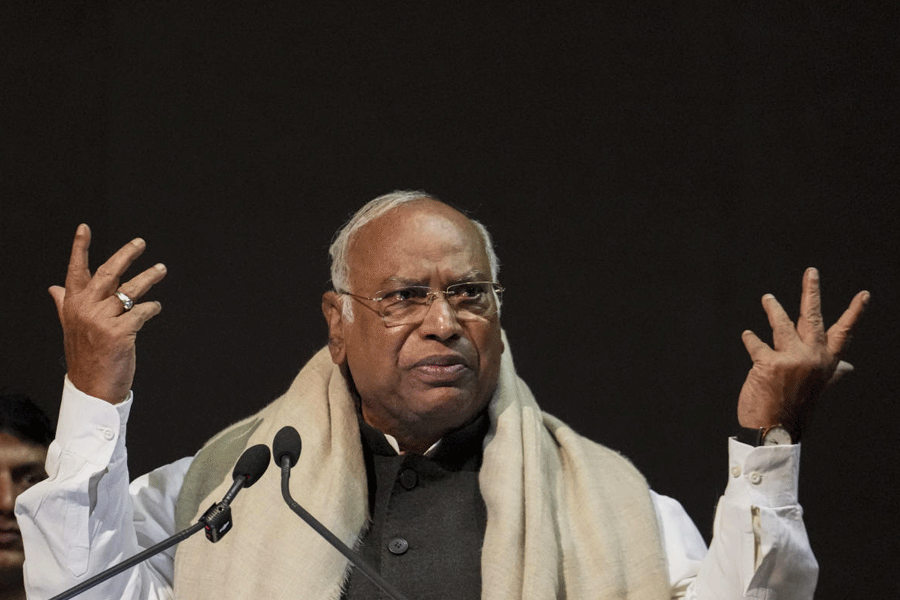Minority ethnic groups in general and South Asians in particular had a higher risk of testing positive for Covid-19 related hospitalisations, intensive care (ICU) admissions and deaths during the second wave of the pandemic in the UK compared to the first, according to a new observational study of 17 million people.
Led by the London School of Hygiene & Tropical Medicine (LSHTM), the study published in the Lancet on Friday accounted for a large number of explanatory variables such as household size, social factors and health conditions across all ethnic groups and at different stages of Covid-19, from testing to mortality.
“South Asian groups remained at higher risk for testing positive, with relative risks for hospitalisation, ICU admission, and death greater in magnitude in the second wave compared to the first wave,” the study finds.
It found that compared with the first wave last year, the relative risk for testing positive, hospitalisation, ICU admission, and death were smaller in the pandemic second wave earlier this year for all minority ethnic communities compared to white people, with the exception of South Asian groups — covering Indians, Pakistanis and Bangladeshis.
“Despite the improvements seen in most minority ethnic groups in the second wave compared to the first, it’s concerning to see that the disparity widened among South Asian groups,” said Dr Rohini Mathur from LSHTM and the study’s lead author.
“This highlights an urgent need to find effective prevention measures that fit with the needs of the UK’s ethnically diverse population,” she said.
After accounting for age and sex, social deprivation was the biggest potential explanatory factor for disparities in all minority ethnic groups except South Asian.
In South Asian groups, health factors such as BMI, blood pressure, underlying health conditions played the biggest role in explaining excess risks for all outcomes.
Household size was an important explanatory factor for the disparity for Covid-19 mortality in South Asian groups only.
Dr Mathur said: “While multigenerational living may increase risk of exposure and transmission (from children or working age adults to older or vulnerable family members), such households and extended communities also offer valuable informal care networks and facilitate engagement with health and community services.
“In light of emerging evidence that minority ethnic groups are less likely to take up the Covid-19 vaccine, co-designing culturally competent and non-stigmatising engagement strategies with these communities is increasingly important.”
On behalf of NHS England, the research team used the new secure OpenSAFELY data analytics platform to analyse partially anonymised electronic health data collected by general practitioners (GPs) covering 40 per cent of England.
These GP records were linked to other national coronavirus-related data sets for the first and second waves of the pandemic — including testing, hospital data and mortality records.











